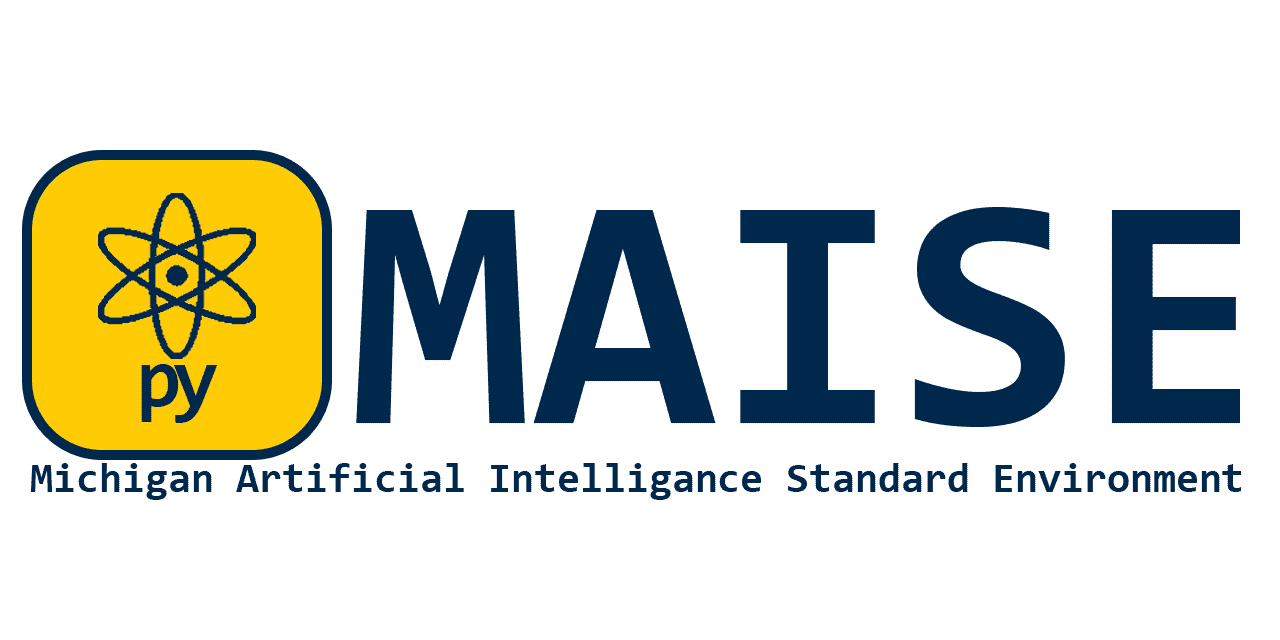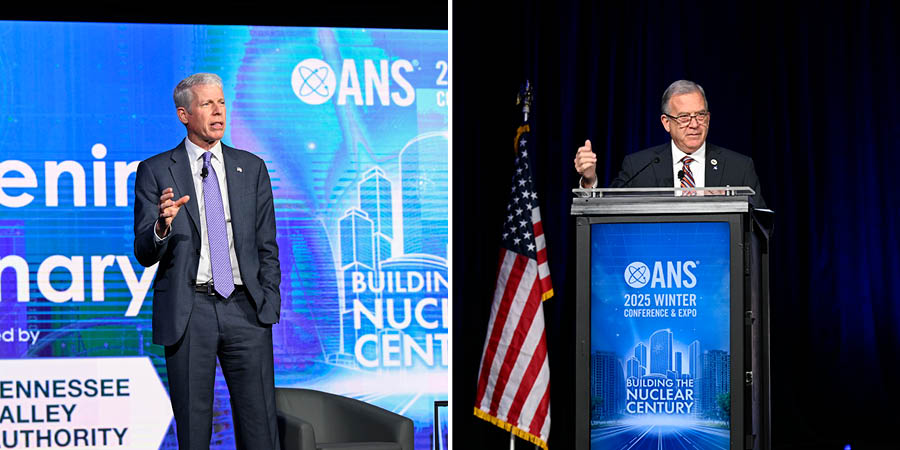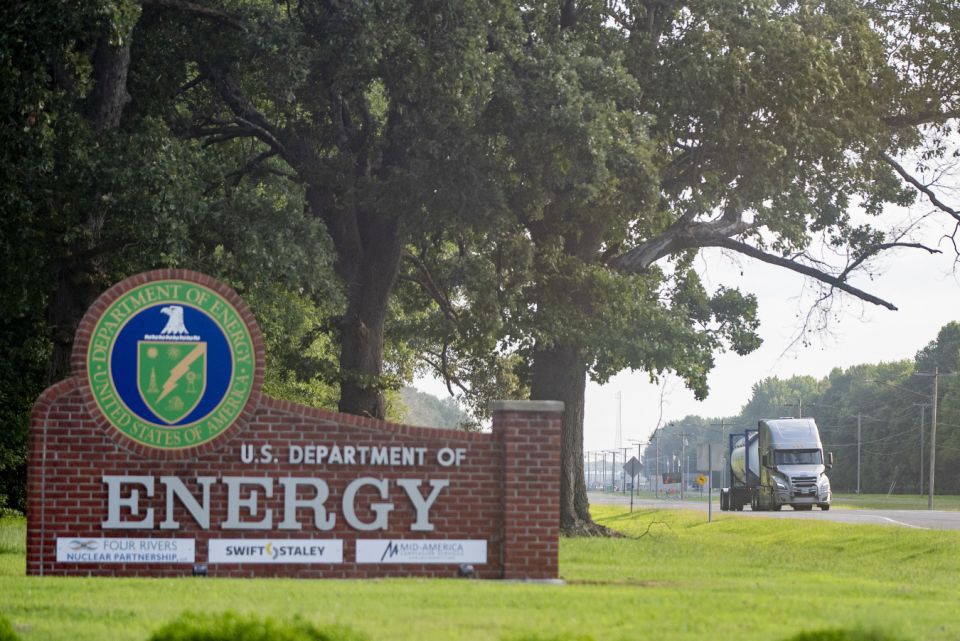The article notes that a peer-reviewed study about pyMAISE was published in the February 2025 issue of Progress in Nuclear Energy. “pyMAISE: A Python Platform for Automatic Machine Learning and Accelerated Development for Nuclear Power Applications” was authored by Patrick A. Myers, Nataly Panczyk, Connor Craig, Jacob Cooper, Veda Joynt, and Majdi I. Radaideh of NERS and Shashank Chidige of the UMich Department of Computer Science and Engineering.
Bridging the gap: pyMAISE is designed to “bridge the gap” caused by the fact that AI “models leverage patterns to predict an output with unparalleled speed [but] traditional regulatory procedures cannot be used to assess their results,” according to the NERS article. “It’s very difficult for a human to connect the dots between the input and output.”
That gap needs to be filled, because the Nuclear Regulatory Commission “will require new methods to license proposals that use AI.” Radaideh, a coauthor of the study, said, “pyMAISE is one step to help the NRC create a pipeline for licensable AI. We want both nuclear companies and the NRC to have a common platform to efficiently test explainable AI and machine learning with uncertainty quantification for potential applications, without dealing with the routine machine learning analysis procedures.”
Pinpointing the best model: With the use of pyMAISE, the machine learning and AI development process is simplified. The online platform allows nuclear engineers to “quickly create tools from their datasets” and “pinpoint the best model, tuning and testing a wide range of potential models from basic linear regression to complex neural networks (a stack of several layers of interconnected nodes that mimic the structure of the human brain).”
Three scenarios: The pyMAISE study analyzed the platform’s capabilities in two safety monitoring scenarios and one reactor design scenario. “In all three cases, pyMAISE performed on par or better than comparable automatic machine learning benchmarking libraries, including Auto-Sklearn, AutoKeras and H2O,” the NERS article said. “The package often explored more models, sometimes with fewer training samples.”
According to Myers, a NERS doctoral student and first author on the study, “We were astonished to see pyMAISE’s level of versatility from these case studies. The package could go from one machine learning application to another with completely different data and physics and still find models that really capture the idea of what’s going on.”
Expedite creation: Given the successful published results of the pyMAISE study, the researchers are looking ahead: “As pyMAISE continues to develop through a multiphase approach, the goal is to integrate uncertainty quantification and deployment tools to expedite the creation of explainable and licensable AI technologies for nuclear power plants.”




